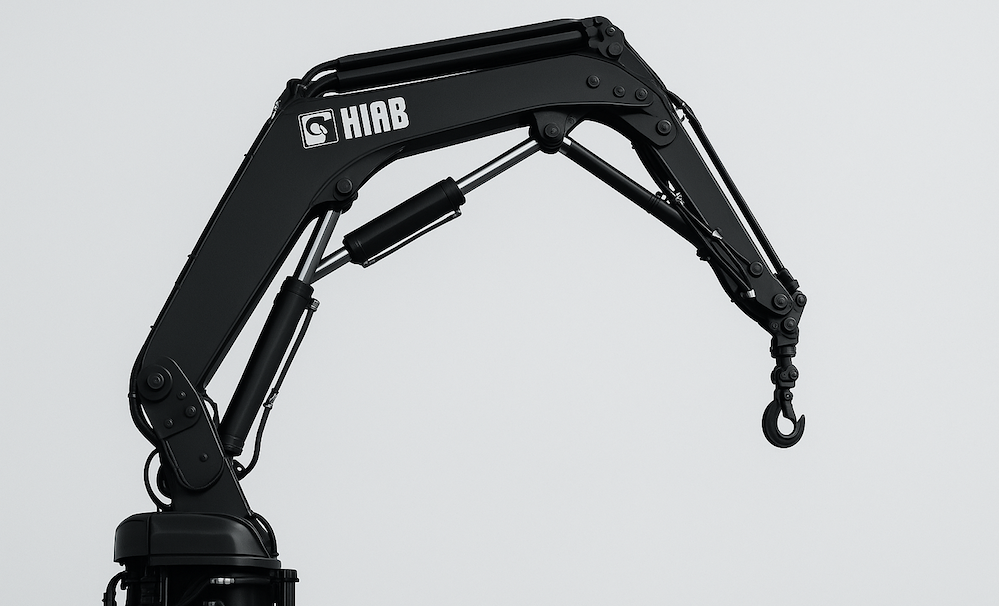Logistics companies are hesitant to take advantage of the latest technologies like blockchain, robotics and augmented reality because of a lack of budget and suitable employees, a new joint report by the Chartered Institute of Logistics and Transport (CILT) and Statista finds today.
For many logistics firms, drones, autonomous vehicles and wearable tech are not currently part of their business plans, with 46%, 38% and 37% respectively saying these technologies are completely “out of the question”.
Many are also struggling to implement more mature technology and services like predictive analytics and mobile data access for customers.
The findings will surprise many, especially with global consultancies like PwC claiming that cutting-edge technologies like automation could reshape the logistics workforce, driving both greater effectiveness and efficiency.
According to CILT and Statista’s research, even comparatively mature technologies like predictive analytics and mobile data access for customers, such as parcel-tracking apps, have only been deployed by 25% of logistics firms in the UK — while 48% believe predictive analytics is “possible” in the future, and 44% say the same for mobile data access for customers.
As for the barriers for tech adoption, 50% identified lack of budget, 38% referred to a lack of suitable employees to handle new technology, and 31% pointed out a lack of resources. Only 8% of firms said they didn’t actually face any challenges when implementing new technology — indicating a clear awareness of the need for tech reform in the industry.
Kevin Richardson, chief executive, CILT, said: “It’s clear that logistics firms want to take advantage of new technologies, but are currently not in a position to do so because of a mix of cultural, skills and budget constraints.
“Tech vendors will have to understand that we need this to be a technological evolution and not a revolution. Logistics firms will need to see the benefit of mature technologies before they take the risk of investing in the cutting edge.”
CILT and Statista’s new study, entitled the UK Logistics Monitor 2019 report, identifies current logistics developments and trends, while offering insights into the topics of HR, recruitment, Brexit and attitudes towards technology.







